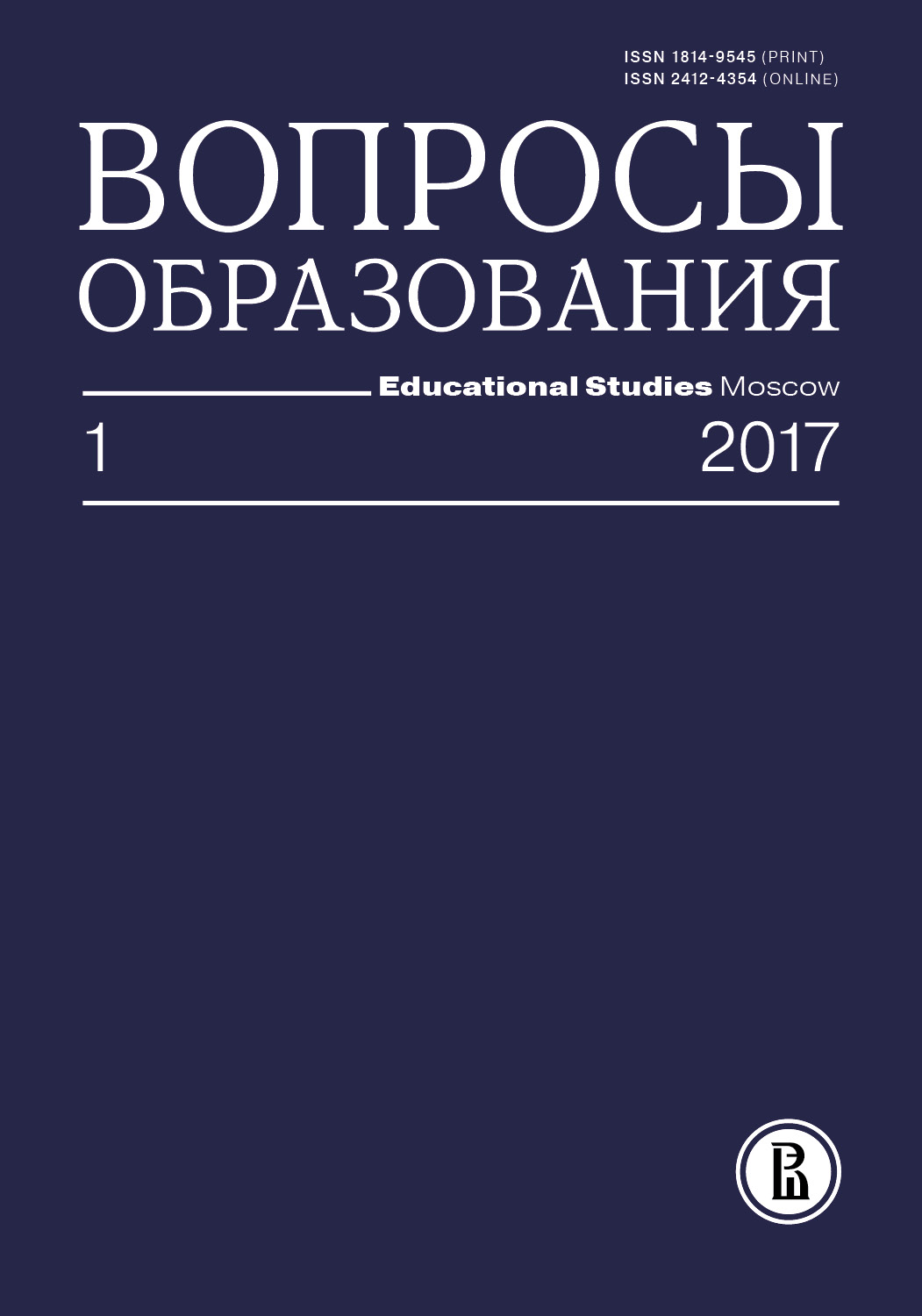Why a Philosophy Teacher Would Use Liberal Education Teaching Methods? A Regional College Case
Abstract
Philosophy teachers go about their daily routine in a controversial field created by their personal ideas about education quality, topic planning, and the optimal number of hours overlapping with the education standard requirement for developing general cultural competence in students within a general philosophy course. In a situation like this, the issue of choosing specific teaching methods becomes that of complying with professional standards, of being satisfied with the job done, and of private time. The article attempts to problematize the possibility of integrating writing and analytical reading methods borrowed from liberal education into the educational process of a regional college. Sharing the idea of liberal education advocates that applying these methods to university courses facilitates the development of competencies required by the standard, we analyze our own relevant classroom experience. The paper justifies the effectiveness of teaching methods that develop academic writing and reading skills, arguing that they provide the basis for working independently with educational texts, writing essays, term papers and graduation theses. The most essential hindrances to integrating the above mentioned methods include teacher and student avoidance, as well as regulatory and financial constraints. Syllabus limitations challenge efficiency of the methods for the development of competencies required by the standard. At the same time, the writing and analytical reading methodology is in line with the publicly expressed desire of teachers to organize philosophy seminars without diluting the content. The prospects of large-scale implementation of writing and analytical reading methods in teaching philosophy imply adjustment of the existing syllabi.









